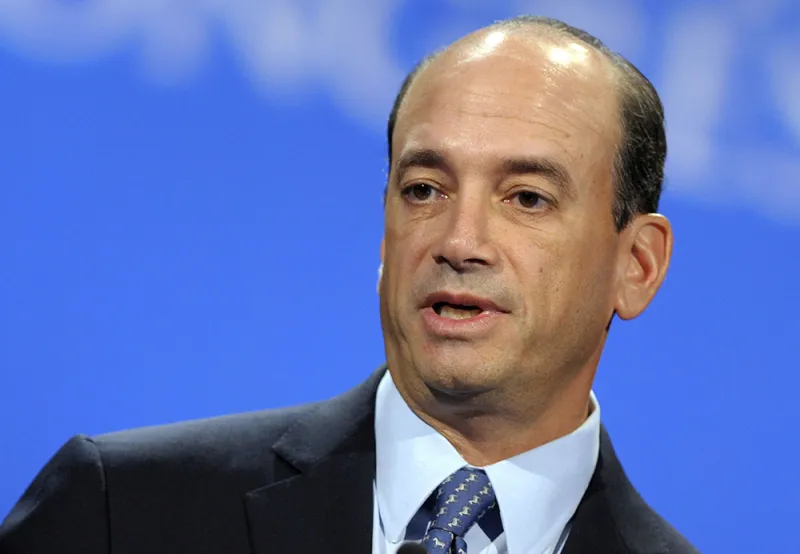If value investing isn’t dead, it’s at least on life support.
The investment strategy, based on buying relatively cheap stocks and shorting or selling more expensive stocks, has lagged for over a decade. But some value investors are still betting that their strategy will make a comeback, even if it will take some time.
Among them is Joel Greenblatt, who runs Gotham Asset Management, an investment firm with about $4 billion in institutional and retail assets under management. Greenblatt wrote The Little Book That Beats the Market, which introduced what he calls a “magic formula” for value-oriented investing.
“I’ve taught at Columbia for over two decades and have always told my students that if they did good valuation work, the market would agree with them,” Greenblatt said by phone. “I just didn’t tell them when.”
Some of those students may have waited a long time for the market to agree with them. According to Research Affiliates showed that value investments have been struggling for roughly 12 and a half years now, having contracted 39 percent between the beginning of 2007 and August 2019.
[II Deep Dive: Ken French: ‘There Is No Way to Tell’ If Value Premium Is Disappearing]
Greentblatt’s firm does not invest in value from a quantitative or factor-based perspective, like Research Affiliates does. Instead, he said Gotham values businesses much like a private equity firm would, with the goal of buying companies at a discount.
Most of the firm’s strategies delivered positive returns in 2019, but still underperformed the Standard & Poor 500 index, Gotham’s website shows.
“The long/short strategy has been challenged over the last few years, but we have a lot of risk controls in place,” Greenblatt said. “We buy the cheapest stocks and short the most expensive stocks, but with risk controls.”
He added that he believes that there will be better opportunities for value going forward, based on a recent analysis performed by his firm.
The firm values all the stocks in the S&P 500 using data from the past 30 years, without adjusting for interest rate changes. According to that analysis, the market has previously been cheaper for investors about 88 percent of the time. At similar valuation levels, market returns over the following year averaged two to four percent, Greenblatt said.
Similarly, the firm looked at the Russell 2000 during the same period of time and found that the market had been cheaper 99 percent of the time. At similar valuation levels, year-forward market returns were between negative three percent and negative five percent, according to Greenblatt.
In other words, there is value to be generated, he said.
Another positive indicator for Greenblatt? The disparity between growth stocks and value stocks in January alone. Since January 1, there has been a 5 percent difference between the Russell Growth and Russell Value indexes — and that gap is getting wider, he said.
“You shouldn’t be able to make money this easy,” Greenblatt said. “That’s just not likely to happen in the future.”
When it comes to growth stocks like Amazon or Tesla, which have seen extreme levels of growth in recent years, Greenblatt said he thinks they’re exceptions, rather than the rule.
“It’s the tyranny of the anecdote,” Greenblatt said. “There will be winners of this group and you’ll know their names because they’ve won.”
But, he added, there will also be many losers in the growth category. “If you take risk and you don’t have to pay for it, you’ll take more risk until you get slapped in the face.”







